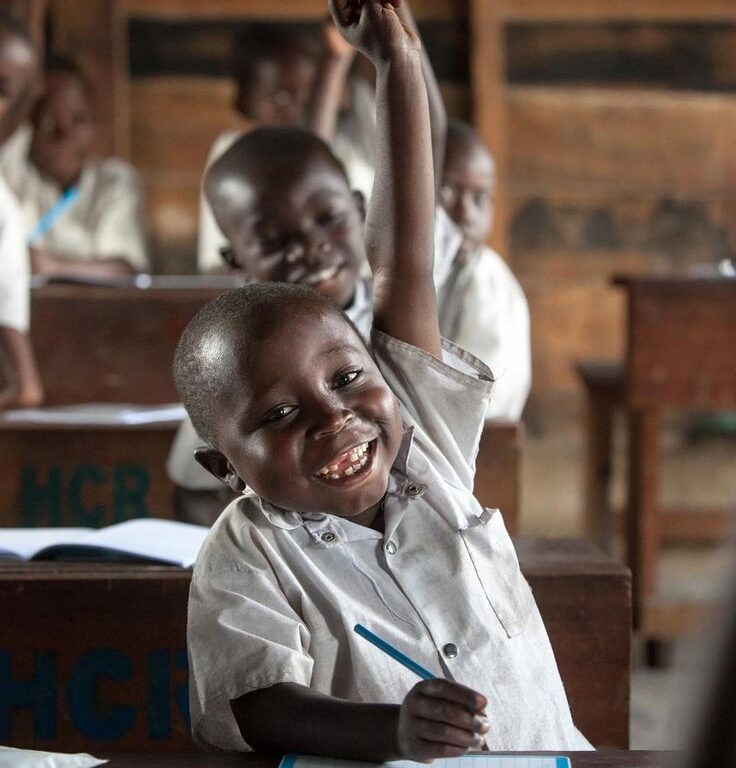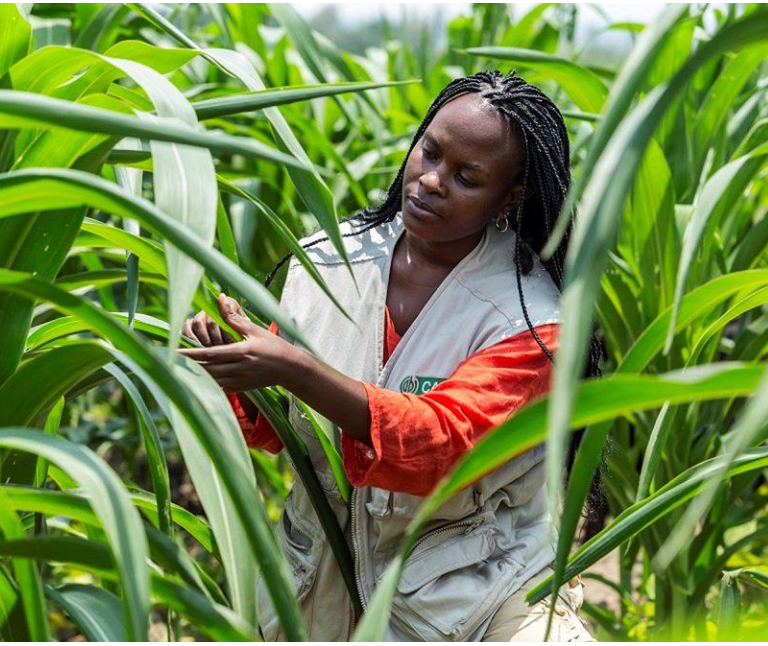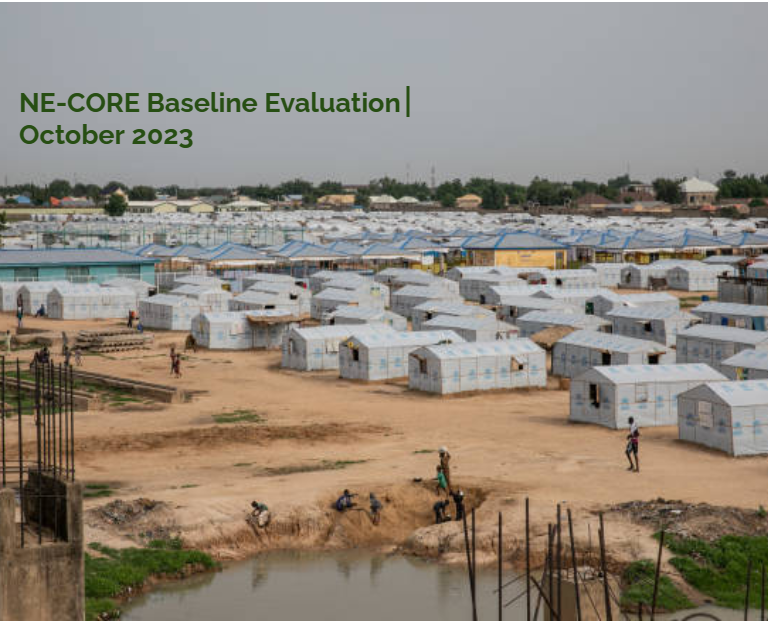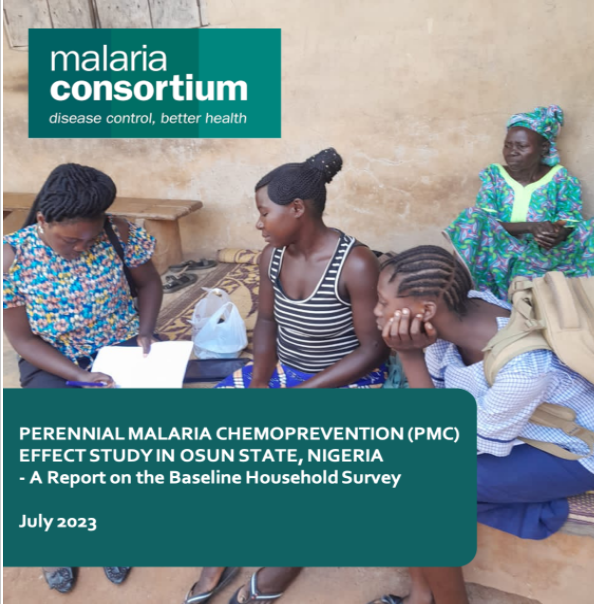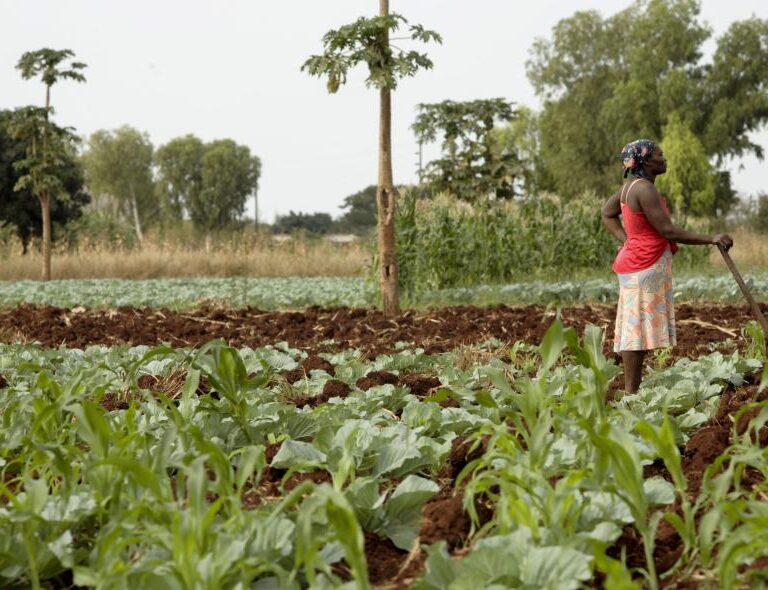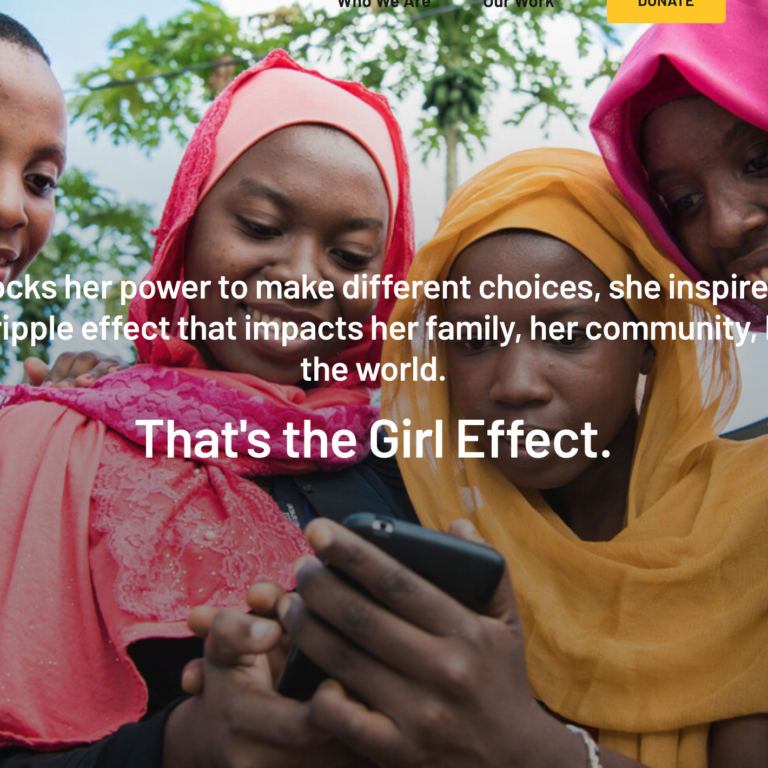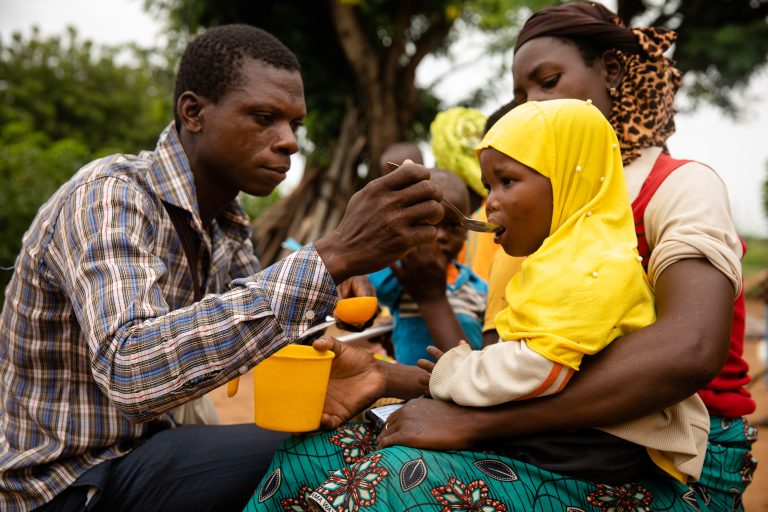

Seasonal Malaria Chemoprevention End of Round Programmatic Assessment in Kano, Yobe, Taraba and Katsina State
Malaria continues to be a significant public health concern globally, with sub-Saharan Africa bearing the greatest burden. Nigeria, in particular, remains the epicenter of the disease, accounting for an estimated 68 million cases and 194,000 deaths annually, according to the World Malaria Report 2021. Among the most vulnerable populations are children under five, responsible for

